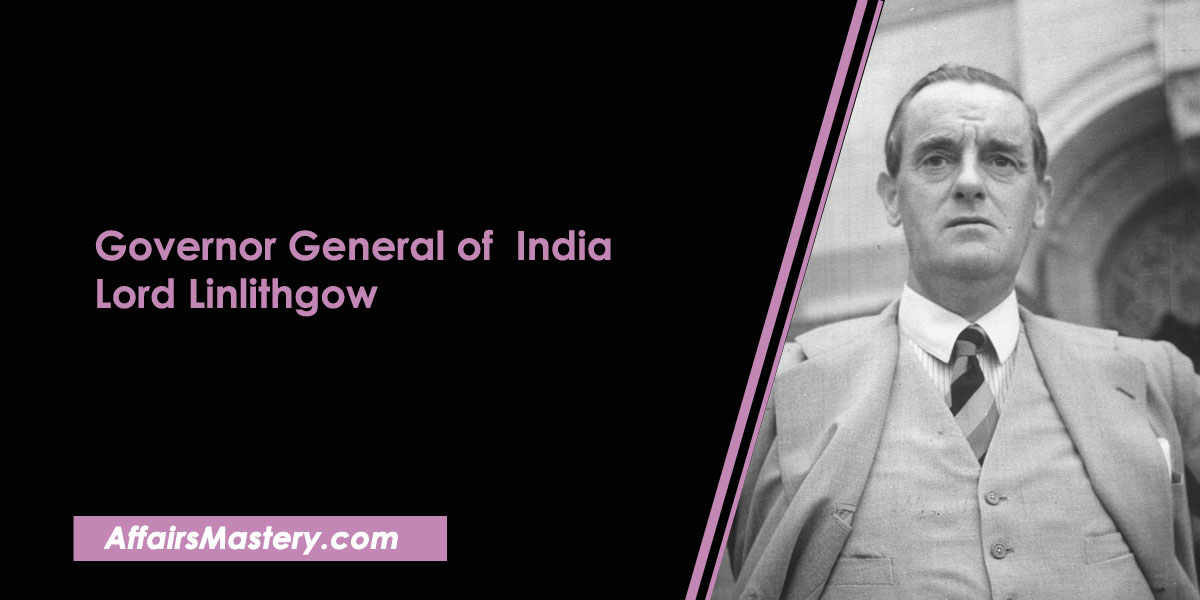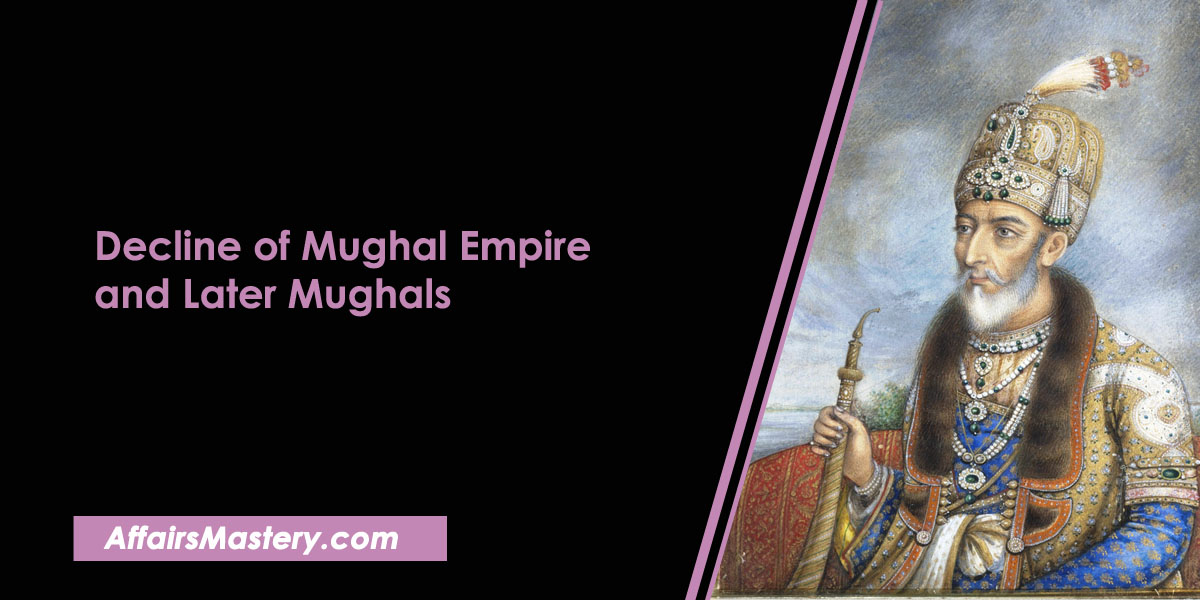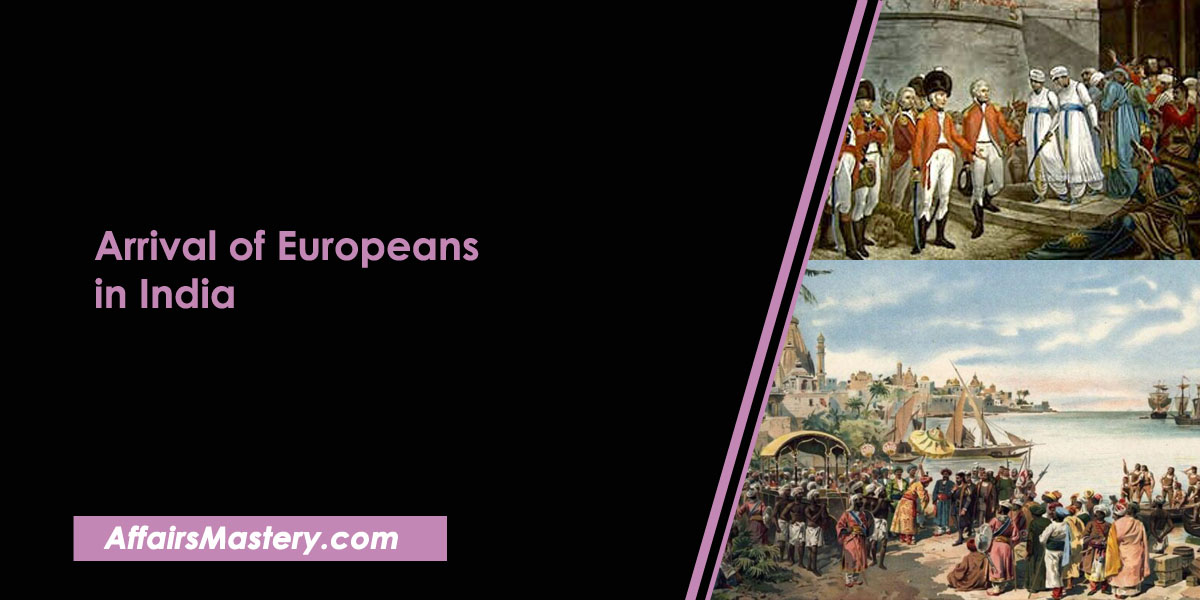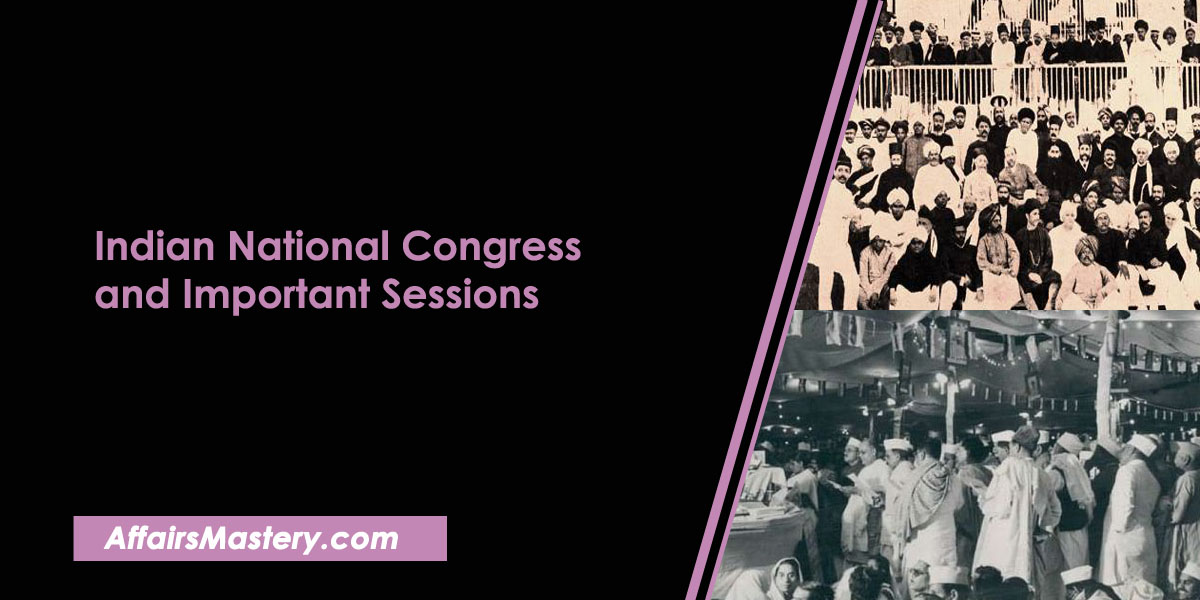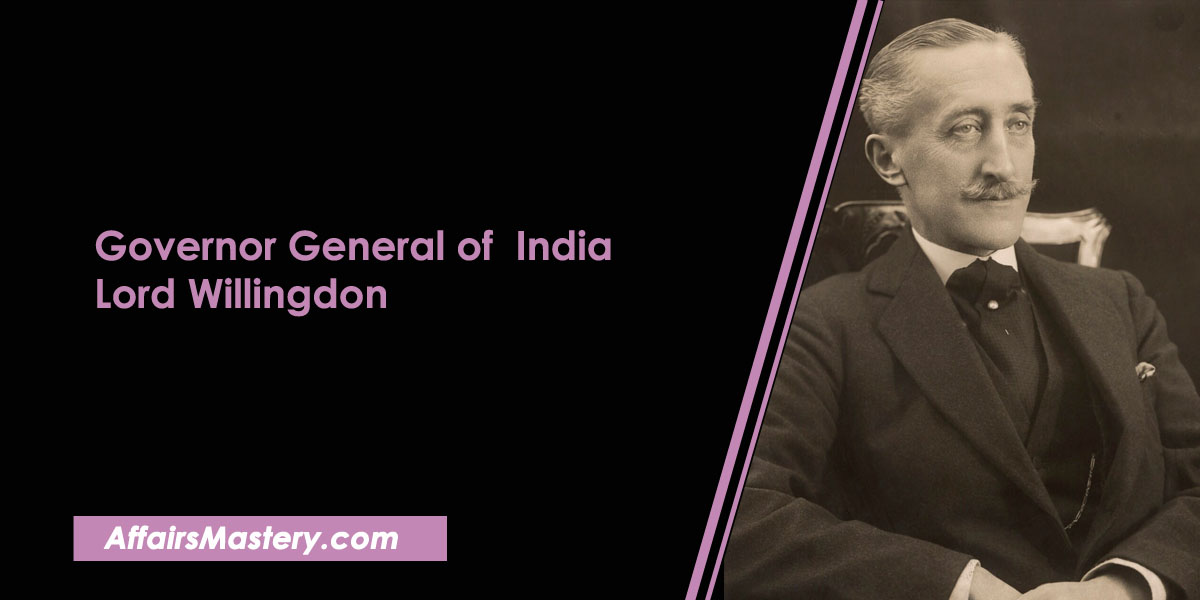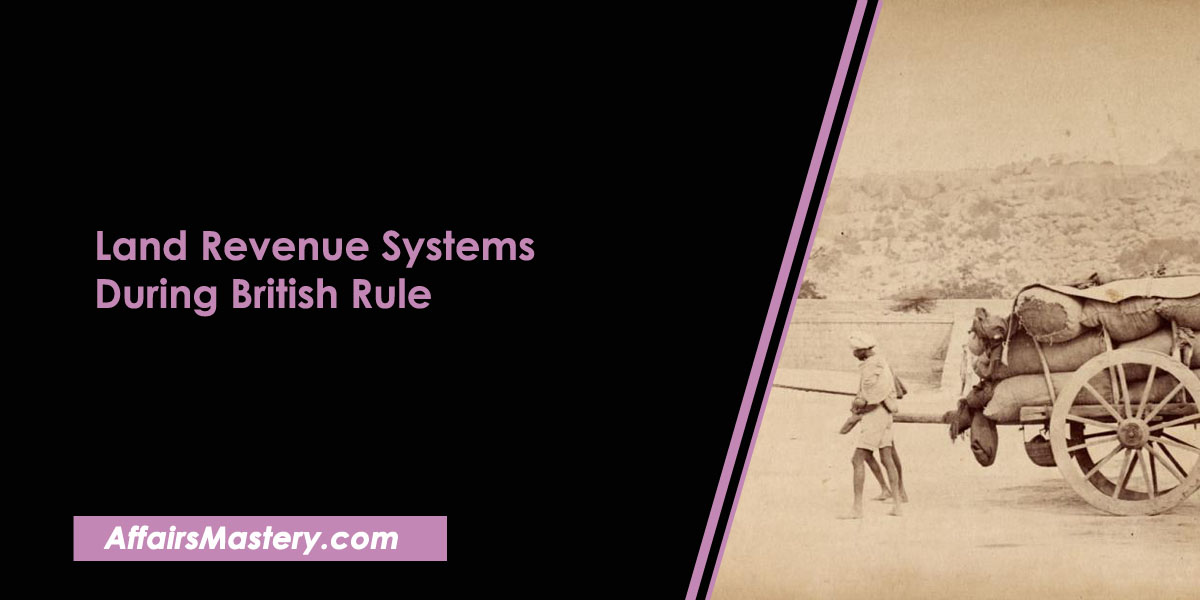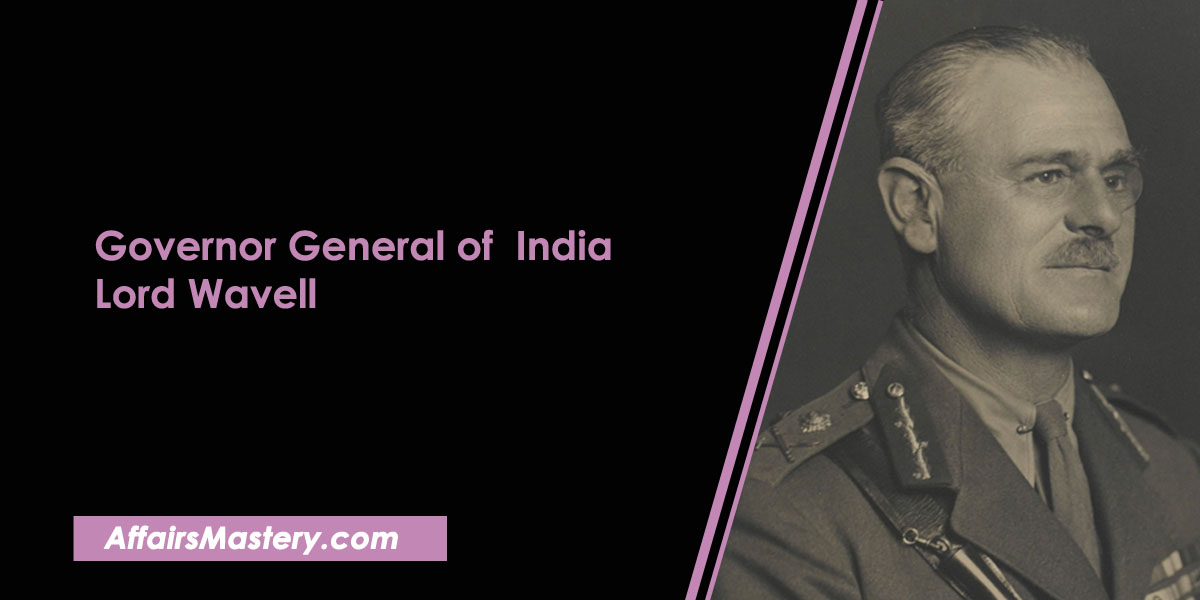Lord Linlithgow – Important Short Notes for Exams
Lord Linlithgow was the Governor General of India during the Colonial rule. During his time, Quit India Movement started. Many Important reforms and events occurred in his time. He had a great participation in Indian modern history. Topic is useful for UPSC, State exams and other exams and for general knowledge.
About
- Lord Linlithgow(1887-1952), KG(Order of the Garter), KT(Order of the Thistle), GCSI(Order of the Star of India), GCIE(Order of the Indian Empire), OBE(Order of the British Empire), TD(Territorial Decoration), PC(Privy Council), FRSE(Fellowship of the Royal Society of Edinburgh) was a British politician, agriculturalist, officer and a colonial administrator.
- At the young age of 25, he was honored to be elected a Fellow of the Royal Society of Edinburgh.
- He was the chairman of the Parliamentary Joint Select Committee on Indian constitutional reform, which aimed to bring about changes in India’s constitution from Apr 1933 to Nov 1934.
Events during his time in India
- Lord Linlithgow was appointed as the Viceroy of India, succeeding Lord Willingdon and taking on an important role in British colonial rule in Apr 1936.
- When Lord Linlithgow arrived in India, he implemented the plans of local self government that are stated in the Government of India Act,1935.
- Provincial elections were held in British India during the winter of 1936-37, as mandated by the Government of India Act of 1935. Madras, Central Provinces, Bihar, Orissa, United Provinces and Bombay Presidency all participated in these provincial elections.
- Princely states did not participate in the elections because the idea of federation of India did not come to fruition.
- The elections were overwhelmingly won by Congress, with a majority of the votes going to their candidates.
- In May 1939, Subhas Chandra Bose founded the Forward Bloc political party after resigning as President of the Congress.
- In September 1939, without consulting Indian politicians, he declared India to be at war with Germany.
- India should be declared an independent nation as soon as the war is over and a responsible government must be put in place to ensure that its citizens are provided with all their rights. This was the condition that put up by Congress at that time to give their support in the war. But the Britishers did not agree on this.
- In October and November of 1939, the Congress ministries resigned in protest against Viceroy Lord Linlithgow’s decision while on the other side, Muslim league supported Britishers.
- On March 1940, Jinnah gave its Two Nation theory which Gandhi rejected it and said that, “My whole soul rebels against the idea that Hinduism and Islam represent two antagonistic cultures and doctrines. To assent to such a doctrine for me is denial of God“.
- The Lahore Resolution, also known as the Pakistan Resolution or the Declaration of Independence of Pakistan, was a document written and prepared by Muhammad Zafarullah Khan and presented to an All-India Muslim League session in 1940 by A. K. Fazlul Huq which declared that Muslims were entitled to form their own independent state within India’s borders.
- On 8 August 1940, Lord Linlithgow made a statement on behalf of the British government known as the ‘August Offer‘, which proposed to give greater rights in terms of governance and decision-making power over India’s affairs to its people. Later on, this offer was rejected by both Congress and Muslim league.
- Gandhi launched Individual Satyagraha(1940-41) because there was a possibility of violence if it was declared as a mass movement.
- Acharya Vinod Bhave was the first Satyagrahi who got imprisoned after he delivered his first speech.
- In 1942, there was a threat of Japanese invasion in India mainland. To gain the political support in India, Winston Churchill sent the Cripps Mission in March 1942. But this proposal was also got rejected by Indian leaders.
- Gandhi said, “Post date cheque drawn on a failing bank“.
- In July 1942, Congress working committee gathered at Wardha and passed a resolution to end the Colonial rule in India which is known as “Quit India Resolution“.
- There were further ratification in this resolution and Gandhi delivered his famous speech on 8th August,”Do or Die“.
- In the end of Lord Linlithgow’s time, Tej Bahadur Sapru expressed his feeling in a general manner and said that “Today, I say, after seven years of Lord Linlithgow’s administration the country is much more divided than it was when he came here“.
If you find our content helpful and interesting, please consider joining us on Telegram @affairsmastery to show your support. We would really appreciate it!
Related articles
- Important Battles in Indian History
- Important treaties in Indian history
- List of Foreign Travellers who came to India
- List of Governor General of India and Viceroy of India
- Robert Clive – Important Short Notes for Exams
- Warren Hastings – Important Short Notes for Exams
- Lord William Bentinck – Important Short Notes for Exams
- Lord Canning – Important Short Notes for Exams
- Lord Mountbatten – Important Short Notes for Exams
- C. Rajagopalachari – Important Short Notes for Exams
- Lord Wavell – Important Short Notes for Exams
- Lord Willingdon – Important Short Notes for Exams
- Non Cooperation Movement (1919-1922)
- Important Personalities related to Social Movements of India
- List of Important Personalities of Indian Freedom Struggle
- List of Important Books on Revolt of 1857 and their Author
- Important Leaders of 1857 Revolt and their places
- Constituent Assembly of India and its Composition: Important Short Notes
- Important Tribal Movements in India
- Direct Action Day 1946: Important Short Notes for Exams
- Interim Government of India, 1946 and its members
- Important Socio Religious Reform Movements in India – Short Notes
- Khilafat Movement (1919-1924) – Important Short Notes for exams
- Lucknow Pact, 1916 – About, Features, Outcome (Important Short Notes)
- C R Formula or Rajaji Formula, 1944 – About, Main Points (Important Short Notes)
- Wavell Plan, 1945 – About, Main Points (Important Short Notes)
